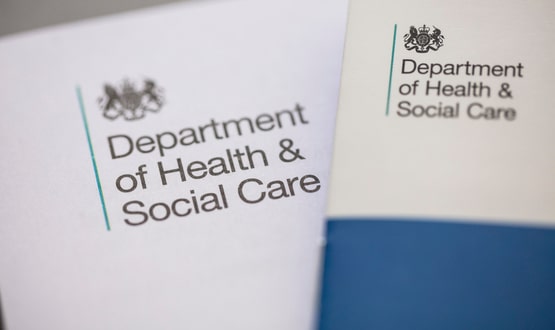UK faces £5.4bn trade deficit for MedTech products
- 16 July 2024

- UK had a trade deficit in MedTech products of £5.4 billion in 2023
- The value of UK MedTech exports was £10.1 billion compared to £15.5 bn imports
- The Association of British HealthTech is calling for the establishment of a 'HealthTech export campaign'
The UK had a trade deficit in MedTech products of £5.4 billion in 2023, government figures have revealed.
‘Life sciences competitive indicators 2024’, published by the Department of Health and Social Care on 11 July 2024, show that the value of imports exceeded the value of exports by £5.4 billion.
The value of UK exports of MedTech products in 2023 was £10.1 bn, an increase of £0.5 bn (5%) since 2022.
In 2023, the UK ranked eleventh for exports amongst comparator countries, with an export value of £10.1 bn.
The US, China and Germany have consistently been the top three comparator countries since 2013, with the value of the US’s MedTech exports in 2023 (£68.0 bn) being more than six times that of the UK for the same year.
After a period of growth between 2013 and 2019, the value of MedTech exports has remained stable for the UK, with the exception of a slight decrease in 2022.
The value of UK imports of medical technology products in 2023 was £15.5 bn, placing the UK sixth amongst comparator countries.
UK medical technology imports increased gradually between 2013 and 2019, after which the value of imports increased substantially to £20.7 bn in 2020, an increase of 62% compared to 2019.
Since then, imports have decreased each year up to 2023, with the most substantial of these decreases occurring between 2020 and 2021.
In response to the figures, Jonathan Evans, director of communication at the Association of British HealthTech (ABHI), told Digital Health News: “To further bridge this trade gap and capitalise on the strength of the HealthTech industry in the UK, it is crucial to expand the opportunities available to UK firms”.
ABHI’s recent manifesto ‘The Plan for HealthTech’, published in May 2024, calls for the establishment of a ‘HealthTech export campaign’ as part of a long-term, well-resourced export strategy.
“This initiative would focus on the most receptive and accessible countries, led by in-market specific HealthTech champions.
“By strategically enhancing our export efforts, we can drive growth, support innovation, and ultimately bolster the UK’s position in the global HealthTech market,” Evans added.
Speaking at the Tony Blair Institute for Global Change’s ‘Future of Britain’ conference on 9 July 2024, health secretary Wes Streeting pledged to make Britain a “powerhouse” for MedTech.
“If we can marry our health and social care system with the incredible life sciences and MedTech ecosystem we have in this country, we can be a powerhouse for the life sciences and MedTech revolution here in this country and in the world,” Streeting said.
Life sciences competitive indicators 2024 also show that the UK continues to have lowest number of MRI units, CT and PET scanners per million population amongst comparator countries.
Responding to the figures, a government spokesman told Digital Health News: “The NHS will work hand-in-hand with life sciences research institutions and medical technology companies, driving the development of new treatments and helping to grow the industries”.





